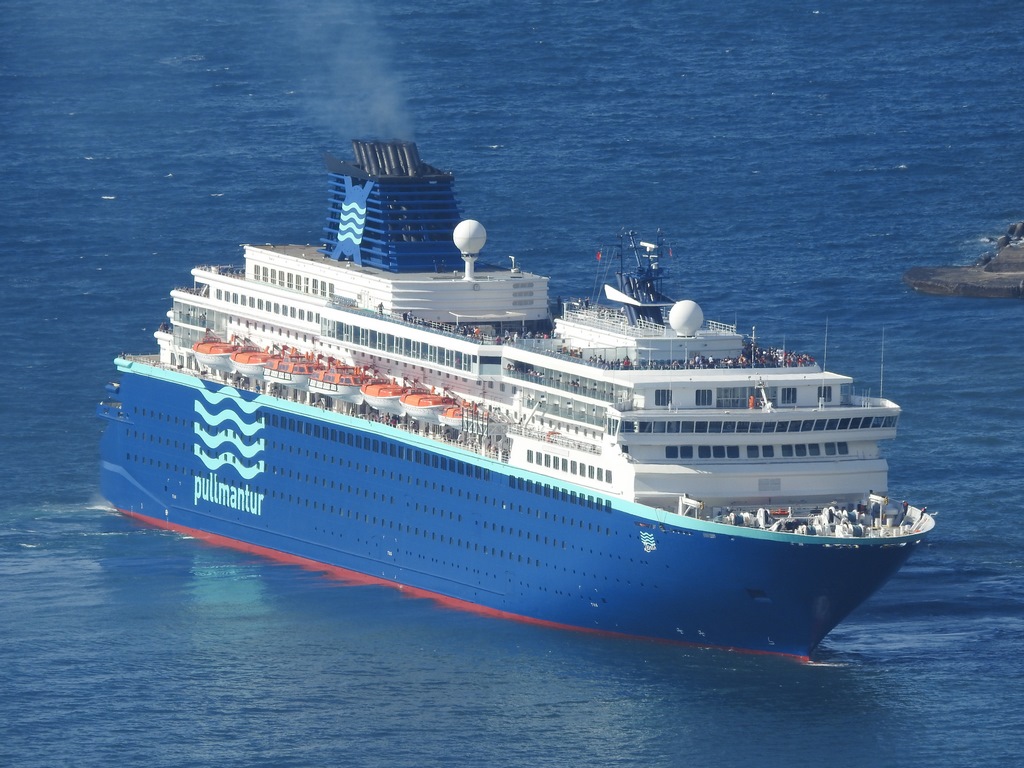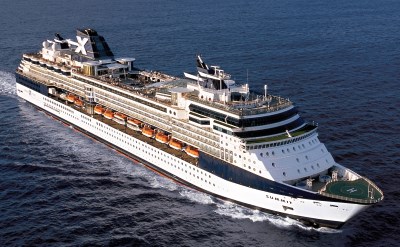
The Moselle river rises high in the Vosges mountains, north-eastern France. It then flows through Luxembourg and joins the Rhine at Koblenz, western Germany. A small portion of Belgium can be found in the Moselle Basin. It also has two tributaries, the Our river and the Sauer river. It is central Europe's most beautiful river. It is well-known for its stunning scenery and wildlife.
Geology
The Moselle river basin's Geology shows that there are smectites as well as micas and illites in the catchment. They also contain quartz, phyllosilicates, and phyllosilicates. These minerals are visible in sediments as XRD patterns. The coarse sediments also contain FTIR spectra.
The Moselle's geology dates to the Devonian Period. It is the Paleozoic Era that preceded the fourth major mass extinction. At that time, the seafloor was covered in sediments which were accumulated in thick layers. This was followed up by the formation of two super continents, Gondwana/Euramerica and Laurasia/Euramerica. Later, the sea floor became slate after it was metamorphosed.
Histories
The Moselle river rises from the Vosges mountains, and flows north through Luxembourg, north-eastern France and North-eastern France before joining the Rhine at Koblenz. It is a river with a diverse geography that includes mountain ranges and vineyard terraces. It is a left-bank tributary to the Rhine.

The Moselle is the link between the Rhine and Saone rivers. It also has several canals that lead to the North Sea and the Mediterranean. In the 19th-century, 300-ton barges were allowed to travel along the river. Thionville was not permitted. In 1964, France and Germany constructed the Moselle Canal, allowing larger barges to travel along it.
Wineries
Germany's Moselle river is an important area for winemaking. It has been home to red wine varieties since the mid-19th-century. German wine producers and merchants moved to the area in the years following 1871 to satisfy the growing demand. They settled in Moulins, Vaux and Ars-sur-Moselle. The Moselle region was designated an AOC Champagne in 1910 as the Champagne industry tried to access the German market.
Moselle wineries offer a wonderful way to sample the region’s best wines. The winemakers are friendly and open to sharing their passion for wine. You might even be invited on a vineyard tour to visit a cellar.
River cruises
Boat cruises down the Moselle River take you through picturesque countryside with breathtaking views of Cochem or the surrounding vineyards. Boat cruises are available every day during the main season. Fewer cruises are offered during the off-season. The majority of Moselle river cruises take between one and three hours. You can choose from many options. The main season sees longer cruises departing once or twice weekly, while shorter cruises may depart many times per day.
The Moselle river is a beautiful place to explore. It takes you past picturesque wineries, medieval castles and charming towns. It is narrower and steeper than the Rhine, which makes it an unforgettable experience to take in the sights along its path. The Rhine is often the most visited cruise destination in Germany. But many people believe that the Moselle offers more beauty.

Best time of year to visit
In the Moselle Valley, the temperatures tend to be mild during the warmer months July and August. When the leaves change colors and the air is crisp, September is a great month to cruise the Moselle. It is usually less crowded in September than summer, which can see temperatures exceeding 100 degrees Fahrenheit. Mosel Valley celebrates their harvests in autumn. Visitors can enjoy live entertainment and fireworks along with wine tastings.
The Moselle can be found in a valley located between the mountains Hunsruck/Eifel. It enjoys a warm climate. While the region experiences sunny and stable seasons in spring, autumn, and winter, it can also be subject to severe rains. Visitors can still enjoy the special charm of spring and autumn.
FAQ
Is a vacation on a cruise worth it?
It's the best way to enjoy your vacations. A cruise is exactly what the doctor ordered.
To go on a cruise, do you need to have a passport?
A passport is necessary to travel all over the world. You can travel to any country with a passport without needing a visa or other paperwork.
You might not be allowed into certain countries if you don't have a passport. A passport allows you to stay longer while traveling abroad.
How can I choose the best cruise line?
It is easy to find the best cruise line. The first step is to decide which type of cruise you'd like to take. Do you want a small intimate cruise or one that has many passengers? Then consider how much money you want to spend. If you are looking at something more affordable, then consider cruises that offer "all inclusive" packages. This will mean that you won't need to pay extra for meals, drinks, entertainment or other amenities. You should also ensure that your cruise line offers good family programs if you're planning on a family trip.
Is it necessary to tip my Cruise Director
This is dependent on the cruise line. Some cruise directors receive tips while others don't. It is best to ask your Cruise Director before you board the ship to find out if they expect tips. They will often tell you if tips are expected.
Do you have any additional information I should know before I take a cruise or go on one?
Before you take your first cruise, you need to know a lot of things. First of all, remember that you will be traveling with other people. Avoid being overly critical of these people because you never know how they feel about something. Also, remember that you will be eating and drinking with strangers. Be dressed appropriately. Avoid wearing shorts and tank tops while on deck. Wear comfortable clothes that won't get dirty. Prepare for extreme temperatures. Pack plenty of sunscreens. You should bring a hat and sunglasses as well as a jacket for when you spend time outdoors. Remember that you are responsible. Don't drink & drive!
Is a cruise ship all-inclusive?
It is not possible to cruise on all-inclusive ships as they do no offer meals for passengers with dietary limitations. You will not find room service, laundry, or any other amenities like pools, gyms and spas on a cruise ship.
Certain cruise lines offer "all inclusive" packages, which include all the necessary amenities except alcohol. These packages often include airfare, hotel accommodations as well entertainment and beverages.
Statistics
- You'll need to budget around $80 per person per day for this option – and an additional 18% gratuity. (travel.usnews.com)
- For an example of savings, Royal Caribbean offers up to a 40% discount with a dining package. (travel.usnews.com)
- *20% Gratuities Apply on Free Unlimited Open Bar; Free Specialty Dining. (ncl.com)
- The line estimates savings of 50% when you purchase this bundle. (travel.usnews.com)
External Links
How To
How to avoid being seasick while on a cruise
A hat is the best way to prevent seasickness while on cruise. By keeping the head in a fixed position, a wide-brimmed hat prevents motion sickness.
A hat also keeps water off the face, reducing the air's moisture. This makes it easier for people who feel dizzy when they breathe in moist, humid air.
Another tip is that you should drink lots of fluids. Avoid alcohol or caffeine. These drinks dehydrate the body causing more fluid to move around in the stomach. A sufficient amount of liquids will reduce salt levels. Salt causes the body and kidneys to retain water. This can lead to nausea.
Try eating salty foods if you feel nauseated. Salty foods make the stomach produce more hydrochloric Acid, which is helpful in breaking down food particles.
These are just some of the possible ways to reduce seasickness. Some medications can cause side effects like dry mouth, dryness, constipation, blurred sight, headaches, dry lips, dry skin, dry gums, dry lips, constipation, dry eyes, dry throat, dry skin, and constipation.